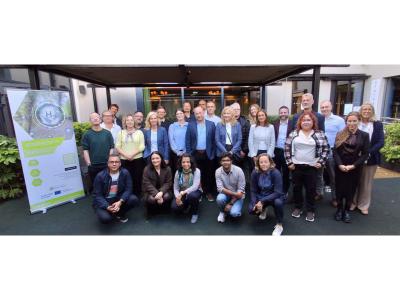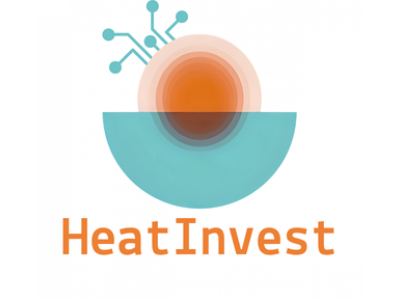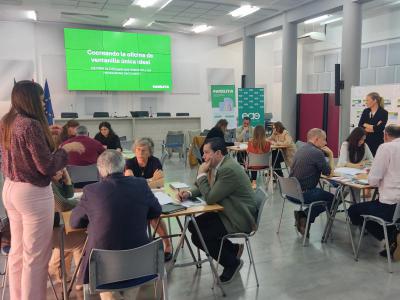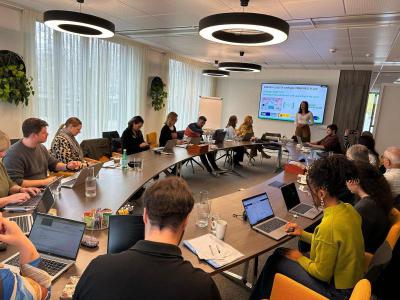FACILITA Project launches to drive energy renovation of public buildings in Spain
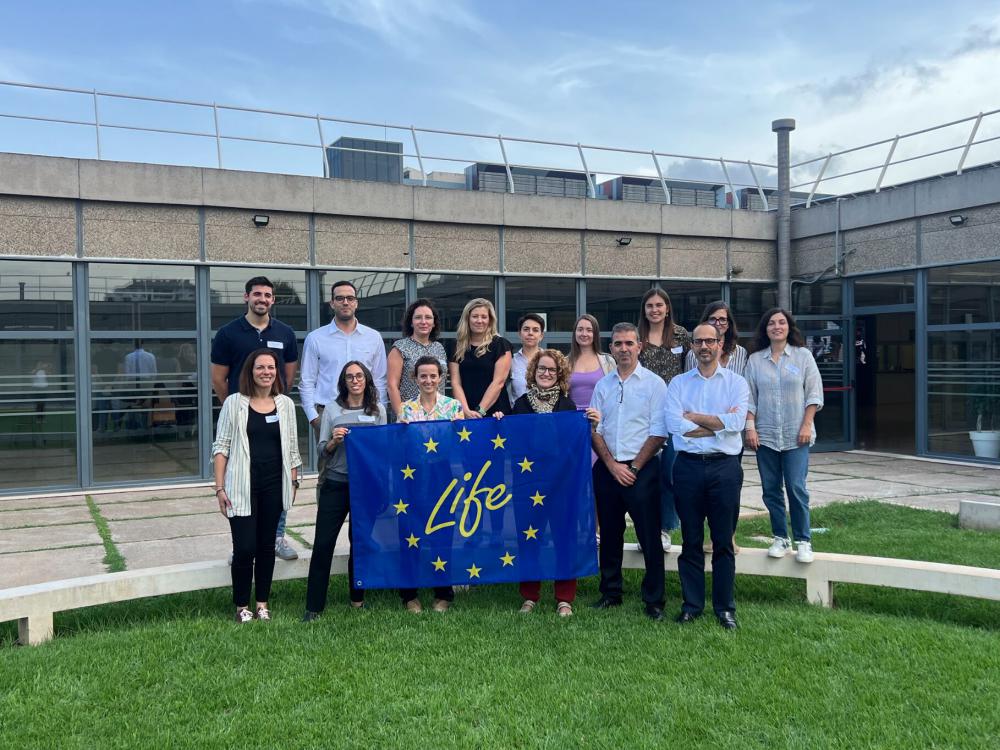
The Extremadura Energy Agency (AGENEX) participated in the kickoff meeting for the FACILITA project ('Facilitating Ambitious Energy Renovation of Public Buildings through Integrated Services in Spain'), held in Valencia on Tuesday and Wednesday.
The project's goal, involving six national partners and one European partner, is to promote the energy renovation of public buildings through the creation of regional One-Stop-Shops (OSS). Co-funded by the LIFE program of the European Union, the budget is nearly €1.5 million and will run until September 2027.
FACILITA will focus its efforts on three Spanish regions: Extremadura, Madrid, and Valencia. In each region, an OSS will be established to provide local and regional authorities with a comprehensive range of services.
These services will include technical, financial, and legal support, as well as assistance in procurement and quality assurance, to facilitate the renovation of public buildings owned by regional governments, provincial councils, and municipalities.
The project will begin by reviewing existing legal, regulatory, and financial frameworks, alongside current renovation models, to design offices tailored to the specific needs and characteristics of each region.
After a testing and adjustment phase, FACILITA will produce a set of tools that can be replicated in other EU regions, encouraging their adoption and integration into policies.
Ultimately, FACILITA will equip authorities with the necessary capacity to renovate their stock of public buildings, unlocking significant investments, boosting renewable energy generation, improving energy efficiency, and reducing greenhouse gas emissions.
CONSORTIUM
The FACILITA project is coordinated by the Valencian Institute of Building (IVE) and involves five national partners (AGENEX, B. Link Barcelona Strategic Projects, CREARA Consultores, Ideas For Change, and ESCAN) and one European partner (European Federation of Agencies and Regions for Energy and Environment, FEDARENE).
The project is co-funded by the LIFE program of the European Union through the LIFE-2023-CET-OSS call.
 ES
ES EN
EN

